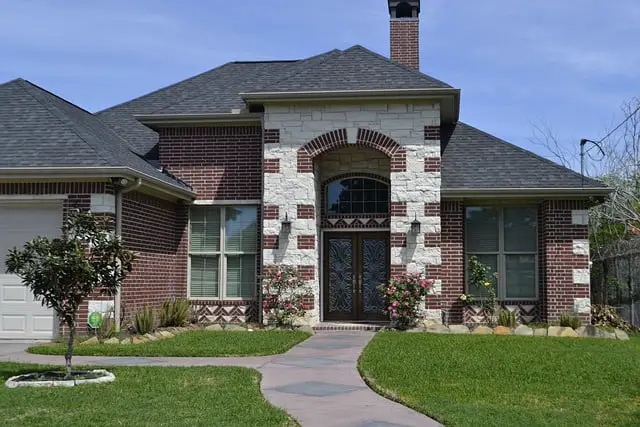
The Importance of Construction Quality Control in Real Estate Development
Real estate development is a complex process that involves many different stages, from planning and design to construction and maintenance. One of the most critical aspects of this process is construction quality control, which ensures that the building is constructed to the highest standards of safety, durability, and functionality. In this article, we will explore the importance of construction quality control in real estate development and why it is essential for homeowners, real estate agents, and investors.
What is Construction Quality Control?
Construction quality control is a process that involves monitoring and inspecting the construction process to ensure that the building is constructed to the highest standards of safety, durability, and functionality. This process involves several different stages, including:
- Pre-construction planning and design
- Material selection and procurement
- Construction and installation
- Testing and commissioning
- Post-construction maintenance and repair
Each of these stages is critical to ensuring that the building is constructed to the highest standards of quality and safety. By implementing a robust construction quality control process, real estate developers can ensure that their buildings are safe, durable, and functional, which can help to protect their investment and enhance the value of their property.
Why is Construction Quality Control Important?
Construction quality control is essential for several reasons, including:
- Ensuring safety: A building that is constructed to the highest standards of quality and safety is less likely to experience structural failures, which can lead to injuries or even fatalities.
- Protecting the investment: A building that is constructed to the highest standards of quality and safety is more likely to retain its value over time, which can help to protect the investment of the real estate developer.
- Enhancing functionality: A building that is constructed to the highest standards of quality and safety is more likely to be functional and efficient, which can help to enhance the user experience and reduce operating costs.
- Complying with regulations: A building that is constructed to the highest standards of quality and safety is more likely to comply with local building codes and regulations, which can help to avoid costly fines and legal disputes.
Examples of Construction Quality Control
There are several examples of construction quality control in real estate development, including:
- Pre-construction planning and design: This stage involves developing a detailed plan for the building, including the layout, materials, and construction methods.
- Material selection and procurement: This stage involves selecting high-quality materials that are durable, safe, and functional.
- Construction and installation: This stage involves monitoring the construction process to ensure that the building is constructed to the highest standards of quality and safety.
- Testing and commissioning: This stage involves testing the building’s systems and components to ensure that they are functioning correctly and efficiently.
- Post-construction maintenance and repair: This stage involves maintaining and repairing the building to ensure that it remains safe, functional, and efficient over time.
FAQs
What is the role of a construction quality control inspector?
A construction quality control inspector is responsible for monitoring and inspecting the construction process to ensure that the building is constructed to the highest standards of safety, durability, and functionality. This involves conducting regular inspections, reviewing construction plans and specifications, and ensuring that all materials and equipment meet the required standards.
What are some common construction quality control issues?
Some common construction quality control issues include poor workmanship, inadequate materials, improper installation, and non-compliance with local building codes and regulations. These issues can lead to structural failures, safety hazards, and costly repairs.
How can real estate developers ensure construction quality control?
Real estate developers can ensure construction quality control by implementing a robust quality control process that includes pre-construction planning and design, material selection and procurement, construction and installation, testing and commissioning, and post-construction maintenance and repair. They can also hire experienced construction quality control inspectors to monitor and inspect the construction process and ensure that the building is constructed to the highest standards of quality and safety.
Conclusion
Construction quality control is a critical aspect of real estate development that ensures that buildings are constructed to the highest standards of safety, durability, and functionality. By implementing a robust quality control process, real estate developers can protect their investment, enhance the value of their property, and provide a safe and functional environment for homeowners, real estate agents, and investors. Whether you are a first-time homebuyer or an experienced real estate investor, it is essential to understand the importance of construction quality control in real estate development.